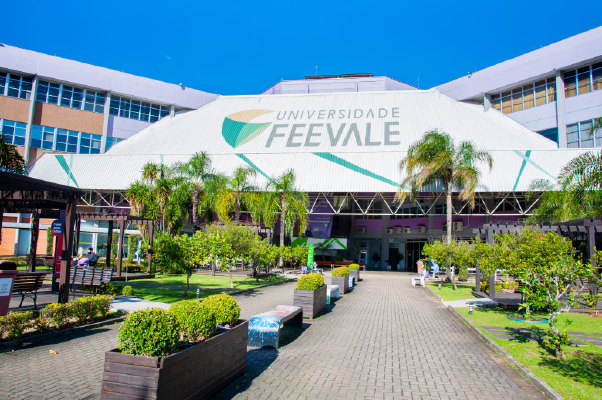
With innovative courses, community-oriented projects, and partnerships with 136 foreign institutions located in 28 countries, Feevale University (founded in 1969) stands out today in the state and national scenarios, and also projects itself internationally. The institution offers undergraduate, specialization, MBA, master's, and doctoral courses, as well as a School of Application with Basic and Vocational Education. Its three campuses - two in Novo Hamburgo and one in Campo Bom - concentrate modern laboratories with state-of-the-art equipment to support academic activities. The institution also has a Veterinary Hospital located in Campo Bom and maintains Feevale Techpark, which is expanding with units in Campo Bom, Novo Hamburgo, and Porto Alegre. The institution also has branches in several cities in the state of Rio Grande do Sul and in China.


Women in Academia: Place, Limits, Oppressions and Overcoming
The project aims to understand the place of women in the university as academics, teachers, and researchers. There is evidence showing that higher education is still far from being equal for women and men, as inequalities and imbalances in gender relations still exist. Thus, the purpose is to know the situation perceived by women academics and which representative indicators of their place in the university in Brazil appear in these times of COVID-19 pandemic, which, due to its duration and causing numerous social, economic, educational, and health disorders, has caused unforeseen changes in all areas of human coexistence. From obtaining and analyzing the results, the project aims to deepen knowledge about the issue of women's work in higher education, in order to fill existing gaps in this theme and eventually contribute to the theoretical and methodological promotion of public policies that allow greater and better inclusion of women in the academic university environment on an equal and equitable basis. Project Leader: Prof. Dr. Marlene Neves Strey.
Visit the website